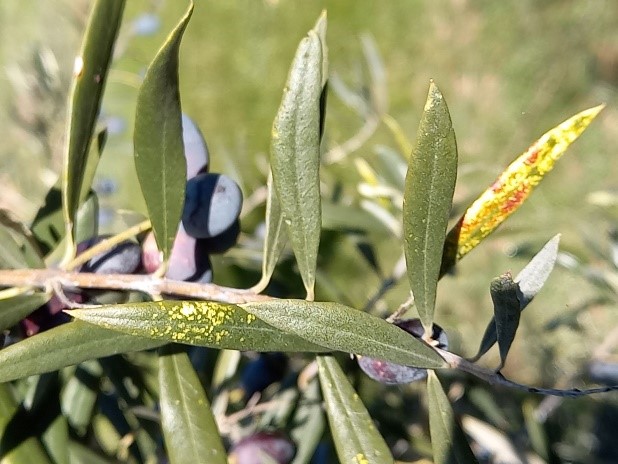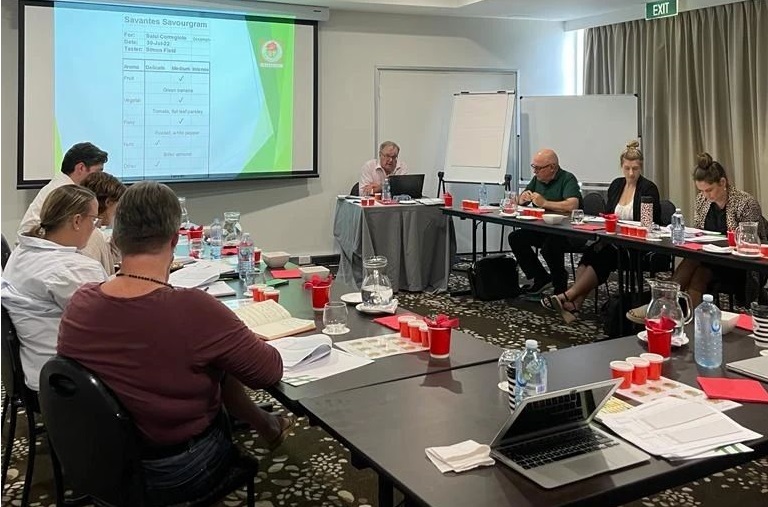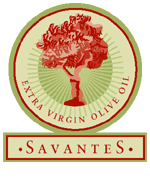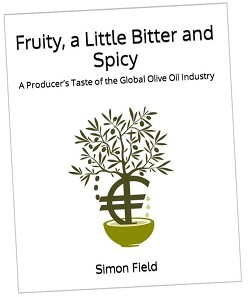Every year brings different seasonal combinations which test our resilience in managing the olive grove without resorting to the quick fix of artificial inputs. Most of the time we get through with a reasonable yield and a manageable workload. This season spanning 2023 and 2024 has proved by far the most challenging.
The start of the season back in November was auspicious with good rains accommodating bounteous flowering and promising olive fruit set. The trees which produced a lot of fruit last year started to grow in all directions and the trees which had an off year set a lot of fruit. We are happy to have the heavily laden trees as long as the irrigation and summer rain replenished the soil water reserves. The trouble with the rapid growth of many trees is they become too big for us to handle without machinery and they steal the water from the smaller trees with the fruit as the root growth matches the above ground foliage growth.
The olive trees are not the only things which enjoy a humid and cooler summer, the insects thrive in the conditions. We noticed adjacent groves showing symptoms of water-logging and dieback, so much that the entire groves looked dead. A few of our trees started showing the same dieback and on closer inspection we identified the cause as massive infestations of the olive lace bug (Froggatia olivinia). Research told us that the insects are uniquely Australian and have migrated from the native mock olive (Notelaea longifolia) to the cultivated olive. The mock olive is in the same taxonomic family as the European olive with similar looking fruit. It grows along the hot and humid fringes of rainforests along the coastal region of northern New South Wales and Queensland. Its liking for these conditions may explain why it has thrived in the humid heat of this season. No doubt its spread across all regions will result in adaptation to drier summer conditions and it will become a threat to productivity in more normal summers with hot days and low humidity.

Savantes is continuing to evolve reflecting the changes perceived in consumer preferences. The new Savantes goes beyond tasting to the profiling of olive oils which includes taste, physical and chemical attributes, and the interaction with human emotion. Extra virgin olive oil is not presented as a stand-alone product, it is part of a complex culinary and emotional experience which varies with the people using it, enhancing the well-being and happiness of families.
The new mantra is about family, flavour and fun, relegating technical tasting to an important tool in the descriptive process of profiling, not the dominant role which it now plays across the entire industry.
Future Savantes programmes will explore the flavours of olive oils with descriptions using the ingredients of a multitude of cuisines beyond the Mediterranean diet which is central to current promotion. Comparisons will be made with competing vegetable and seed oils used in cooking in many countries where olive oil has barely penetrated the market. Ways of fashioning products and promotions which incrementally move cooks to using more olive oil in their daily meals will be explored.
Simon Field is the founder of International Extra Virgin Olive Oil Savantes and an olive producer and trader. He has a Masters degree from Cambridge University and is a former Executive Director of The Australian Institute of Agricultural Science and Editor of the journal Agricultural Science. He has also held senior elected positions in farmer organisations. His publications include handbooks on every aspect of olive production, processing and marketing.
Fruity, a Little Bitter and Spicy provides a practical Australian producer’s view of the establishment of an olive enterprise and entry into the global market. Moving from the early days of planting trees, the production of olive oil and involvement in international trade and events, the reader acquires an expansive knowledge of the global industry.
Nicole Puhar and Belinda Thewes have been awarded Associate Savante status after achieving the prescribed scores in the challenging Savantes Skills Test in Melbourne Australia.
Presented for the first time since March 2020, the Test involves a series of exercises covering variety identification, intensity ranking, defect detection and ranking, and triangle tests. Care is taken when setting the test that the degree of difficulty is consistent across the world and achieving Savante or Associate puts tasters at an equivalent level wherever the test is undertaken. Currently there 10 Savantes and 89 Associates worldwide.

Nicole Puhar is a Senior Brand Manager with Conga Foods in Melbourne. She specialises in Australian and Spanish olive oils and has a deep understanding of the market trends and consumer behaviour in this category. She is dedicated to encouraging consumers to use more of this healthy and delicious oil. Her knowledge of olive oils has allowed her to create engaging campaigns that showcase the versatility of this golden ingredient and its important role in bring people together.


